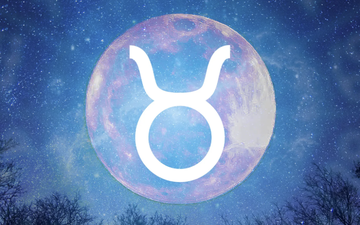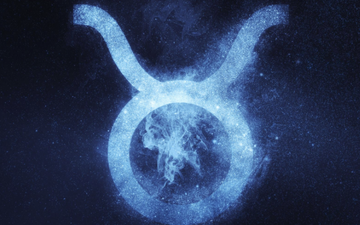
Despite the effort to accept death as a part of life, so that it does not affect your lifestyle, there are some thoughts that can be an obstacle for you, enough to "stop" you in your daily commitments and not only. Otherwise, this is known as thanataophobia! "Fear is a natural and important human emotion," says Mitchell L. Schare, director of the Phobia and Trauma Clinic at Hofstra University. But sometimes the fear of death can lead to extreme conditions. "When it becomes an inhibitor to live life, it turns into a phobia," he continues. Specifically, this situation is known as thanatophobia, or intense fear of death.
Thanatophobia (also called "anxiety of death") can be considered the "primary fear", beyond other fears such as spiders, airplanes, as this condition is stronger and more defining.
Is thanatophobia a mental illness?
Like other specific phobias, thanatophobia is considered a type of anxiety disorder. According to the Diagnostic and Statistical Manual of Mental Disorders, a phobia is an "intense fear or anxiety about a specific object or situation." For people with a phobia, the fear or anxiety is far greater than the actual danger they face from the phobia. theirs.
How common is thanatophobia?
It is thought that three to 10% of people experience thanatophobia, according to the Cleveland Clinic. A 2007 paper published in the journal Death Study found that death anxiety peaks in young adults in their 20s and then declines. Whereas, in women (but not in men), death anxiety increases around the age of 50.
What are the symptoms of thanatophobia?
This state may vary depending on cultural, personal and situational factors. But some of the most common signs are obsessive thoughts, including things related to your health and well-being. Fear of accidents, air travel, and severe anxiety (feelings of fear, panic) whenever you think about death.
Suggested Articles:
Source: Well + Good





